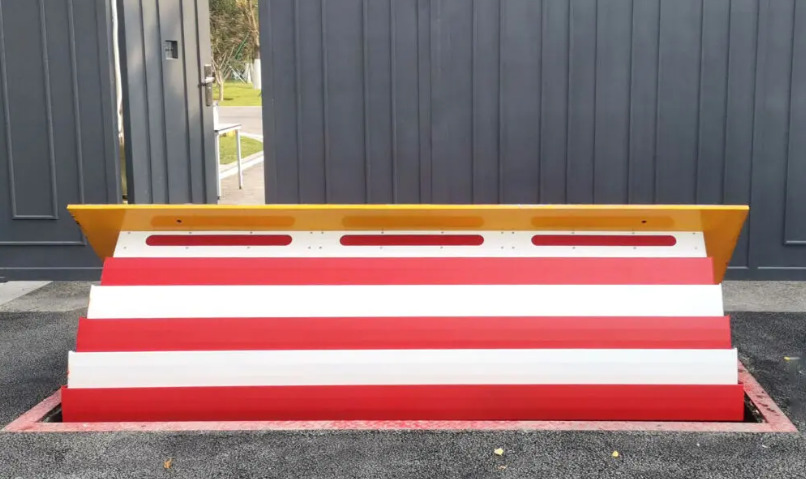Road blockers are innovative security devices designed to control and restrict access to specific roadways or areas. Often used in high-security locations, these installations help to protect people and property by physically obstructing vehicles that attempt to gain entry in unpermitted zones. In this article, we will explore the various applications and significance of road blockers, providing insight into their uses, benefits, and operational mechanics.
What Are Road Blockers?
Road blockers are typically raised or lowered manually or automatically to create barriers for vehicle access. They can be made from durable materials like steel or reinforced concrete and are often equipped with hydraulic mechanisms to ensure smooth and effective operation. Their primary function is to act as a deterrent against unauthorized vehicle entry, making them a go-to solution for low and high-security areas alike.
Primary Applications of Road Blockers
Security Applications
One of the most common uses for road blockers is security. These barriers are employed at government buildings, embassies, military installations, and other sensitive sites. By preventing unauthorized vehicles from entering, road blockers significantly reduce the risk of terrorist attacks or unauthorized access, ensuring the safety of personnel and assets.
Managing Traffic Flow
Road blockers are also utilized for managing traffic flow and enhancing safety in urban environments. They can be strategically placed to divert or restrict vehicles during events, construction, or emergencies, ensuring pedestrian safety and efficient transportation. These barriers can seamlessly guide vehicular movements in busy areas, providing control during peak times.
Road Blockers in Public Events
Large public gatherings, concerts, or sporting events often require enhanced security measures. Road blockers play a vital role in managing crowds by restricting vehicle access to designated areas. This use not only helps to regulate foot traffic but also serves to protect attendees from potential vehicular threats.
Enhancing Emergency Response
During emergency situations, such as natural disasters or incidents, road blockers can be deployed to control access points, allowing emergency vehicles to reach affected areas swiftly. This rapid deployment helps facilitate necessary rescue operations and ensures the safety of first responders, thereby improving the overall effectiveness of emergency management efforts.
Long-Lasting Solutions
Road blockers are designed for durability, often built to withstand harsh weather conditions and significant impacts. Regular maintenance and inspections can extend their lifespan, ensuring that they function optimally. High-quality materials and construction techniques contribute to their resilience, making them reliable options for both temporary and permanent installations.
Economic Benefits of Road Blockers
Investing in road blockers can be cost-effective in the long term. By reducing the risk of vehicle-related incidents, organizations and municipalities can save on potential damages, insurance claims, and legal fees. Moreover, leveraging these barriers for traffic management can enhance overall productivity and efficiency, making them a prudent investment for any area needing vehicular control.
Frequently Asked Questions
Your Questions Answered
1. What are the different types of road blockers?
Road blockers come in various types, including active and passive blockers. Active blockers can be raised or lowered as needed, while passive blockers are permanently fixed in place.
2. How do road blockers operate?
Road blockers may operate using electrical, hydraulic, or pneumatic systems. Most modern systems can be automated for convenience and efficiency.
3. Can road blockers be customized?
Yes, many manufacturers offer customization options to suit specific needs, including size, color, and material to match the surrounding environment or design preferences.
4. Are road blockers safe for pedestrians?
When installed correctly, road blockers enhance pedestrian safety by controlling vehicle access, thereby minimizing the risk of accidents in high-traffic areas.
5. What are the maintenance requirements?
Regular inspections and maintenance are essential for ensuring road blockers function effectively. Depending on the materials and mechanisms used, maintenance can vary but generally includes cleaning, inspections, and mechanical adjustments.
In conclusion, road blockers are invaluable devices that provide security, manage traffic, and enhance public safety in various contexts. Their multipurpose applications make them an essential investment for both private and public entities, ensuring a safer environment for all.


